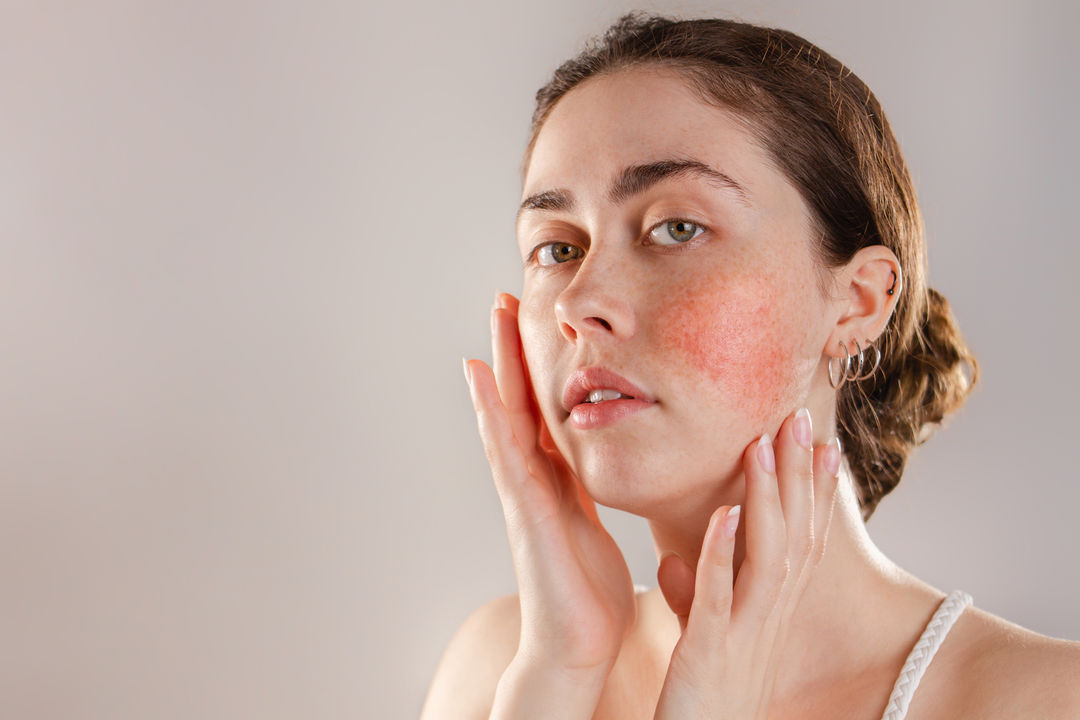Hydrocortisone: What It Is and How It Helps
If you've ever dealt with itchy skin, redness, or inflammation, there's a good chance hydrocortisone might have come up as a treatment. Hydrocortisone is a mild steroid medicine commonly used to calm down skin irritation caused by allergic reactions, eczema, or insect bites. It works by reducing swelling, redness, and itchiness so your skin can heal more comfortably.
People often reach for hydrocortisone creams or ointments because they’re easy to apply and work pretty quickly for mild to moderate skin inflammation. You’ll see it available in pharmacies over the counter for minor issues, but stronger forms require a doctor’s prescription. The key is using the right strength and not overdoing it to avoid unwanted side effects.
How to Use Hydrocortisone Safely and Effectively
Applying hydrocortisone is simple but you should follow these practical tips to get the most benefit: gently clean the affected area before applying a thin layer of the cream, typically once or twice a day as per instructions. Avoid using it on broken skin or infected wounds unless advised by a healthcare provider. Also, stay away from sensitive areas like eyes, inside the mouth, or genitals unless prescribed for those locations.
Sometimes, people expect instant results, but hydrocortisone creams usually take a few days to reduce inflammation noticeably. If you don’t see improvement within a week or if symptoms seem to worsen, it's a sign to check in with a doctor. Prolonged use, especially in strong doses, can thin the skin or cause other side effects, so following directions is important.
Situations Where Hydrocortisone Can Be Helpful
Hydrocortisone is popular for treating skin problems like eczema flares, allergic reactions, psoriasis patches, insect bites, and minor rashes. It calms the immune system's overreaction in your skin, easing discomfort. Some people also use hydrocortisone for certain inflammatory conditions under medical supervision.
Keep in mind, it's not a cure-all. If you have an infection, deep wounds, or serious skin conditions, hydrocortisone may not be appropriate. Always consider talking to a healthcare professional if you’re unsure whether it fits your situation.
In short, hydrocortisone is a handy, widely-used option for calming down irritated skin quickly and safely when used right. With basic care and attention to instructions, it can help you feel better without hassle. Just remember, it’s best for short-term use on minor issues and not for ongoing treatment without advice.
Hydrocortisone for Rosacea: Can it Help Reduce Redness and Inflammation?
- Elliot Grove
- on Jun 2 2023
- 19 Comments
As a blogger, I've been researching hydrocortisone and its potential benefits for rosacea sufferers. It seems that this topical steroid can help reduce redness and inflammation caused by this skin condition. However, it's important to note that using hydrocortisone should be done under a doctor's supervision, as long-term use can lead to potential side effects. It's also crucial to understand that hydrocortisone may not work for everyone and should be combined with other treatments for best results. Overall, while hydrocortisone may offer some relief for rosacea symptoms, it's essential to consult a dermatologist for a personalized treatment plan.

